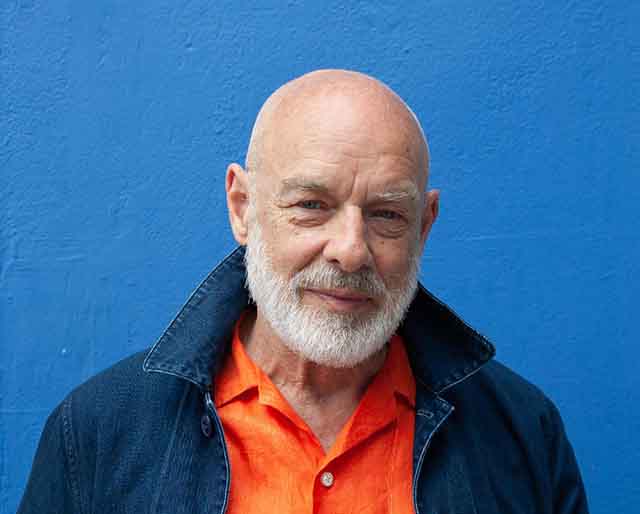
| ||||||||||||||||||||||||

| ||||||||||||||||||||||||
福永 壮志(ふくなが たけし、1982年〈昭和57年〉9月10日 - )は、日本の映画監督。北海道出身。妻は女優の長澤まさみ。
2003年に渡米、2007年にニューヨーク市立大学ブルックリン校の映画学部を卒業[1]。
2015年、長編映画デビュー作『リベリアの白い血』(原題:Out of My Hand)が第65回ベルリン国際映画祭のパノラマ部門に正式出品[2]、ロサンゼルス映画祭で最高賞にあたるU.S. Best Fiction Award[3]、サンディエゴ・アジアン映画祭で新人監督賞を受賞。
2016年、『リベリアの白い血』がインディペンデント・スピリット賞のジョン・カサヴェテス賞にノミネート。映画監督のエイヴァ・デュヴァーネイの配給会社ARRAYによりアメリカで上映、配信される。[4]翌年夏に日本で劇場公開。[5]
カンヌ国際映画祭が新人監督を対象にしたプログラム、シネフォンダシオン・レジデンスに参加。パリに滞在して長編二作目の脚本執筆に取り組む。
2020年、長編映画二作目の『アイヌモシㇼ』が、トライベッカ映画祭のインターナショナル・ナラティブ・コンペティション部門で審査員特別賞、メキシコのグアナファト国際映画祭で最優秀作品賞を受賞。
2022年、長編映画三作目の『山女』が東京国際映画祭のメイン・コンペティション部門に正式出品。カルロヴィ・ヴァリ国際映画祭や香港国際映画祭等で上映後、2023年に劇場公開。TAMA映画賞で最優秀新進監督賞を受賞。
2024年、初のドキュメンタリー映画『アイヌプリ』が釜山国際映画祭に正式出品。同年冬に日本で劇場公開。
ハリウッド製作のドラマシリーズ『SHOGUN 将軍』シーズン1の第7話、『TOKYO VICE』シーズン2の第5話、第6話の監督を務める。
『SHOGUN 将軍』は第76回エミー賞で、非英語ドラマとして初となる作品賞受賞をはじめ史上最多18部門で受賞し、第82回ゴールデングローブ賞で作品賞を含む4部門で受賞した。
2025年、アンソニー・マッキーとジェイミー・ドーナン主演で、2026年公開予定のApple TVドラマ『12 12 12』の第5話と第6話を監督する。『SHOGUN 将軍』シーズン2での続投が発表される。[6]
2026年1月1日 長澤まさみとの結婚を発表した[7]。
映画
テレビドラマ
{{cite news}}: CS1メンテナンス: 先頭の0を省略したymd形式の日付 (カテゴリ) {{cite news}}: CS1メンテナンス: 先頭の0を省略したymd形式の日付 (カテゴリ) {{cite news}}: 不明な引数|1=が空白で指定されています。 (説明)⚠ 

『東京五人男』(とうきょうごにんおとこ)は、1945年に製作された斎藤寅次郎監督の日本映画[3]。モノクロ[1]、スタンダード[1]、検閲認証番号:23。
冒頭の蒸気機関車は、特殊技術の円谷英二によるミニチュア特撮で表現された[3]。円谷は、本作品では本名の「円谷英一」名義で参加しており、戦意高揚映画に貢献していたためCIEの追求を逃れる意図があったものと見られている[3]。
以下の出演者名と役名は特に記載がない限りKINENOTEに従った[2]。
| ||||||||||||||||||||||||
| ||||||||||||||||||||||||
fukuko2025 @fukuko2025 youtube.com/post/Ugkx5CtlU… @YouTube より 新エヴァは宣伝に寺山修司(書を捨てよ街へ出よう)の影響があった。内容的にも庵野版『田園に死す』だった。当初の物語は置き去りにされ...
